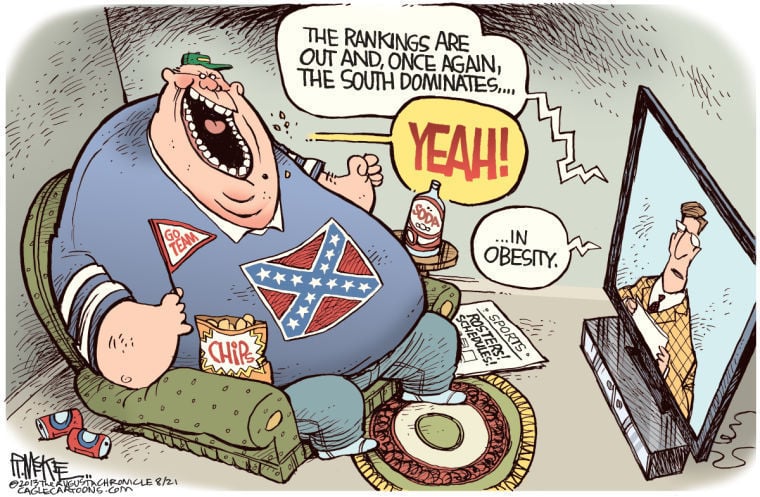
It doesn’t appear to have recovered much in the post-Trump era, and it doesn’t look like Murphy wants it to. That guardrail, never foolproof, was smashed during Trump’s time in office. “The problems confronting the State are frequently distinct from those confronting the nation.” Driscoll said during New Jersey’s 1947 Constitutional Convention, when the change was made. “The importance of a gubernatorial election merits an election that will not be overshadowed by a national contest for the Presidency,” then-Gov. The framers of the state Constitution made that choice more than a half-century ago so that state issues would be front-and-center before voters whom they believed would be less influenced by presidential or congressional battles at the top of the ticket. The decision to hold New Jersey’s state-level elections in odd years did not come about by accident. Jim Florio, a Democrat who narrowly lost reelection in 1993 in a race that focused on the income and sales tax increases he enacted early in his term. “The atmosphere has changed dramatically,” said former New Jersey Gov. Those dynamics will help determine if Murphy becomes the first New Jersey Democrat to win reelection to the governorship in four decades.

Republicans, meanwhile, are hoping Biden’s sinking approval numbers will depress Democratic turnout in deep blue New Jersey and lure some voters back to the GOP.

Even with Trump out of office, the former president remains one of the top targets in the gubernatorial campaign, along with abortion rights and critical race theory, a sign parochial issues are taking a back seat to larger national fights.įor Democrats, the hope is that last year’s suburban swing against Trump extends to the gubernatorial race.


 0 kommentar(er)
0 kommentar(er)
